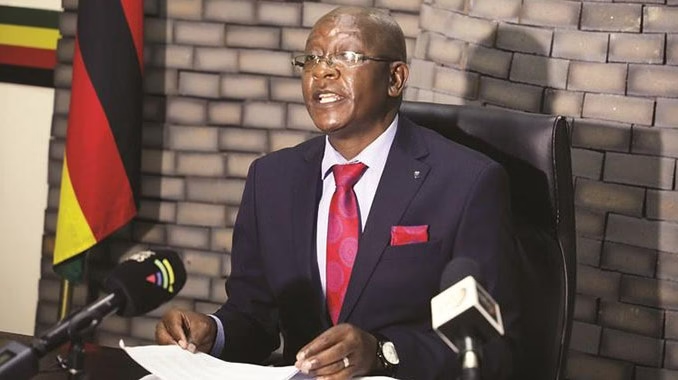
In a world where property defines dignity, Zimbabwe is redefining the meaning of home. At the 2025 National Real Estate Day, the Ministry of Justice, Legal and Parliamentary Affairs did more than commemorate a professional milestone, it placed housing at the heart of justice, equality, and nation-building
Held in Harare under the resonant theme “Affordable Housing: A Right for Every Zimbabwean,” the occasion drew together voices from the Real Estate Institute of Zimbabwe (REIZ), the Estate Agents Council (EAC), and the Valuers Council of Zimbabwe (VCZ), alongside government officials and real estate professionals. It was not a ceremonial gathering, but a conversation about the kind of country Zimbabwe intends to become, one where every family has a roof built not by privilege but by policy and partnership.
The Ministry’s statement captured a deeper philosophy that housing is not just about cement and structure but about justice and security. Through its custodianship of the Deeds Registry, the Ministry guarantees that ownership in Zimbabwe carries both meaning and protection. Every title deed, properly registered and transparently handled, becomes a symbol of confidence, a promise that land and property are governed by law, not uncertainty.
The synergy among the Ministry, REIZ, EAC, and VCZ emerged as a defining pillar of credibility within the property market. The Estate Agents Council ensures ethical conduct and accountability, while the Valuers Council anchors market integrity through accurate valuations that prevent manipulation and exploitation. REIZ, celebrating 80 years of service, continues to nurture professionalism and thought leadership, ensuring that the country’s property sector is not only vibrant but honourable.
The Ministry’s call to action echoed far beyond the professional realm. Affordable housing, it argued, is both a constitutional right and an instrument of social equity. The government’s commitment to upgrading informal settlements, expanding infrastructure, and ensuring secure tenure speaks to a broader vision that national prosperity begins at the doorstep of every household. The statement’s alignment with the National Development Strategy 1 (NDS1) underscored that housing delivery is no longer a social afterthought but a driver of economic empowerment and inclusion.
What made this year’s message compelling was its challenge to collective conscience. The Ministry urged financial institutions to innovate, developers to build sustainably, and communities to participate meaningfully in planning. Housing, it insisted, is a shared responsibility, one that demands creativity, transparency, and shared accountability.
The articulation of affordable housing as an extension of justice repositions the Ministry’s role in Zimbabwe’s transformation. By strengthening conveyancing and property laws, it reinforces the rule of law as the foundation of trust in the market. Secure property rights not only safeguard citizens but also unlock investment, credit access, and long-term wealth creation.
Citing the guiding words of President Dr. Emmerson Mnangagwa, “Nyika inovakwa nevene vayo, Ilizwe lakhiwa ngabanikazi balo,” the Ministry’s statement resonated with a message of self-determination. Building homes, it reminded the nation, is part of building identity, a physical expression of sovereignty, pride, and shared destiny.
The 2025 National Real Estate Day therefore became more than an industry calendar event. It was a declaration that the pursuit of affordable housing is a moral economy, an act of justice, and a legacy of leadership. In connecting legal integrity to human dignity, the Ministry of Justice transformed the housing conversation from mere policy to a national conscience.
As Zimbabwe moves toward Vision 2030, this renewed housing drive is not simply about erasing the backlog of shelter. It is about constructing a fairer society, one title deed, one home, and one citizen at a time.




